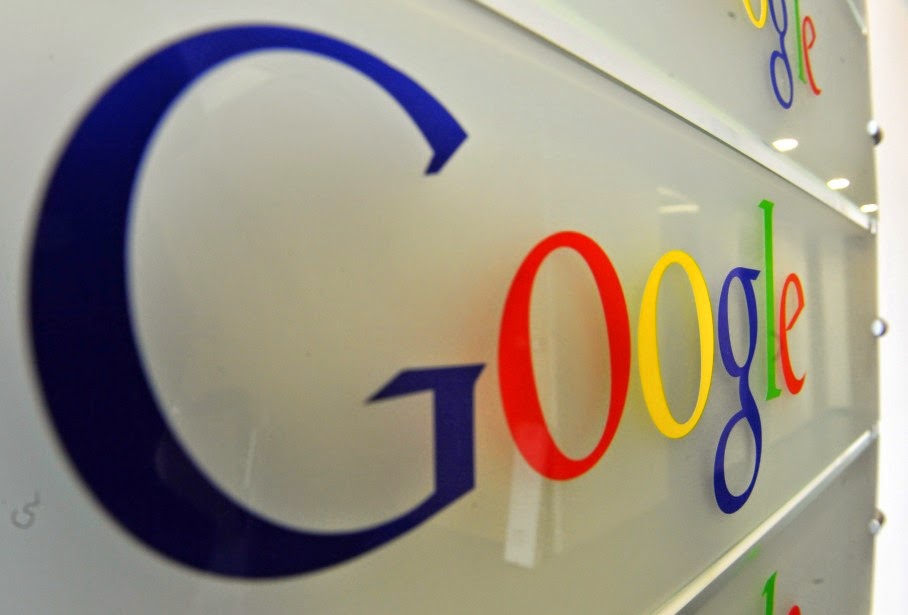 |
| How closely is Google really reading your e-mail? |
You can see the glass as half-empty, and say that privacy is a thing of the past and everything we post or e-mail is read. You can see the glass as half-full, and believe that Google & Co. have our best interest completely in mind. Or you can see the proverbial glass as both, and realize that while it isn't a perfect thing, Google is integral to everyday life and business. In other words, you can work at relishing the good while monitoring the bad.
 |
| (image credit) |
Federal law requires that electronic communication providers like Google report instances of suspected child abuse when it becomes aware of them, but whether it's legally required to actively search out those cases is another question. Even if Google doesn't see the law as requiring this active scanning of private communications, it appears that it chooses to do so as part of the fight against predators. "Sadly, all internet companies have to deal with child sexual abuse," a Google spokesperson tells the AFP. "It’s why Google actively removes illegal imagery from our services — including search and Gmail — and immediately reports abuse to the [National Center for Missing and Exploited Children]."Reference: Google scans everyone's email for child porn, and it just got a man arrested.
The thing is, Google products, while wide-ranging and amazing, are flawed in places and riddled with bugs in others. From mangled translations, to street mispronunciations and blogging glitches. They're there. So while I do not expect perfection, I worry about Google making errors in identifying online predators: (a) I hope people they nab are actually bad, and (b) I hope people they clear are indeed good. It would be terrible if they mixed this up.
No comments:
Post a Comment